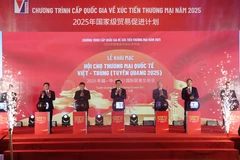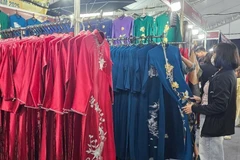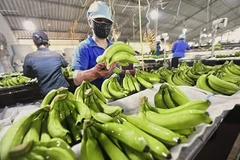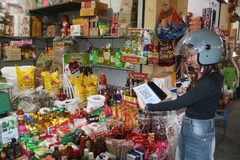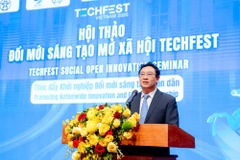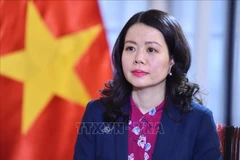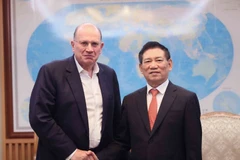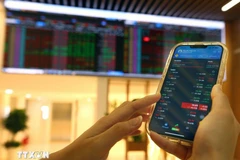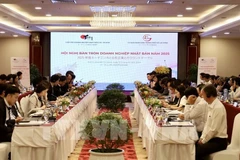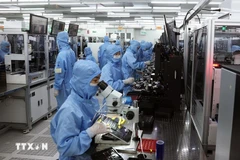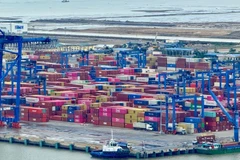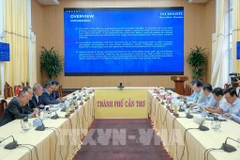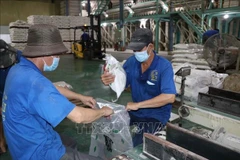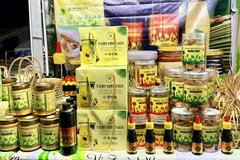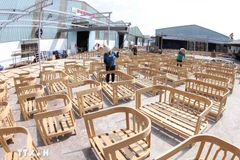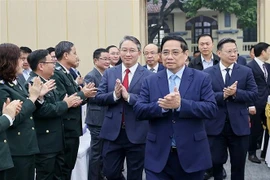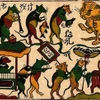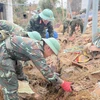Introducedin 2002, the programme initially targeted the supply and price ofessential goods during the Tet (Lunar New Year) holidays, when demandfor these items usually increases by 20-40 per cent.
Encouraged by its success, the city began to implement the programme throughout the year from 2010, Hong said.
Theprogramme has helped the city to control inflation, she said, addingthat the city's Consumer Price Index in the first seven months of theyear was 3.54 percent lower than the national figure, despite HCM Cityhaving the country's highest population density and consumption demand.
Anotheradvantage of the programme has been that participating enterprises feelsecure about investing in modern technology and equipment as well as innew breeds, helping reduce production costs and improve productquality.
By ensuring sufficient supply of goods of good qualityat reasonable prices, the city has gradually been able to controlspeculation that pushed up prices, she said.
This year, theprice-stabilisation programme has expanded to cover four categories –essential goods, school equipment, essential medicines and powdered milkfor the elderly and children under one. Thirty-seven businesses areparticipating in the programme as of now, including companies in severalsectors that hold a large market share and have at least 12 outletseach.
The city is now focusing on opening more outlets forprice-subsidised goods in traditional markets, outlying districts andindustrial parks for the benefit of low-income residents.
It hasrecently launched five stores selling price-subsidised goods in Can Giodistrict, raising the total number of stores under the programme to3,773.
Hong said goods sold in these stores meet quality, hygieneand food-safety standards and are sold at registered prices, which areat least 10 percent lower than market prices./.
